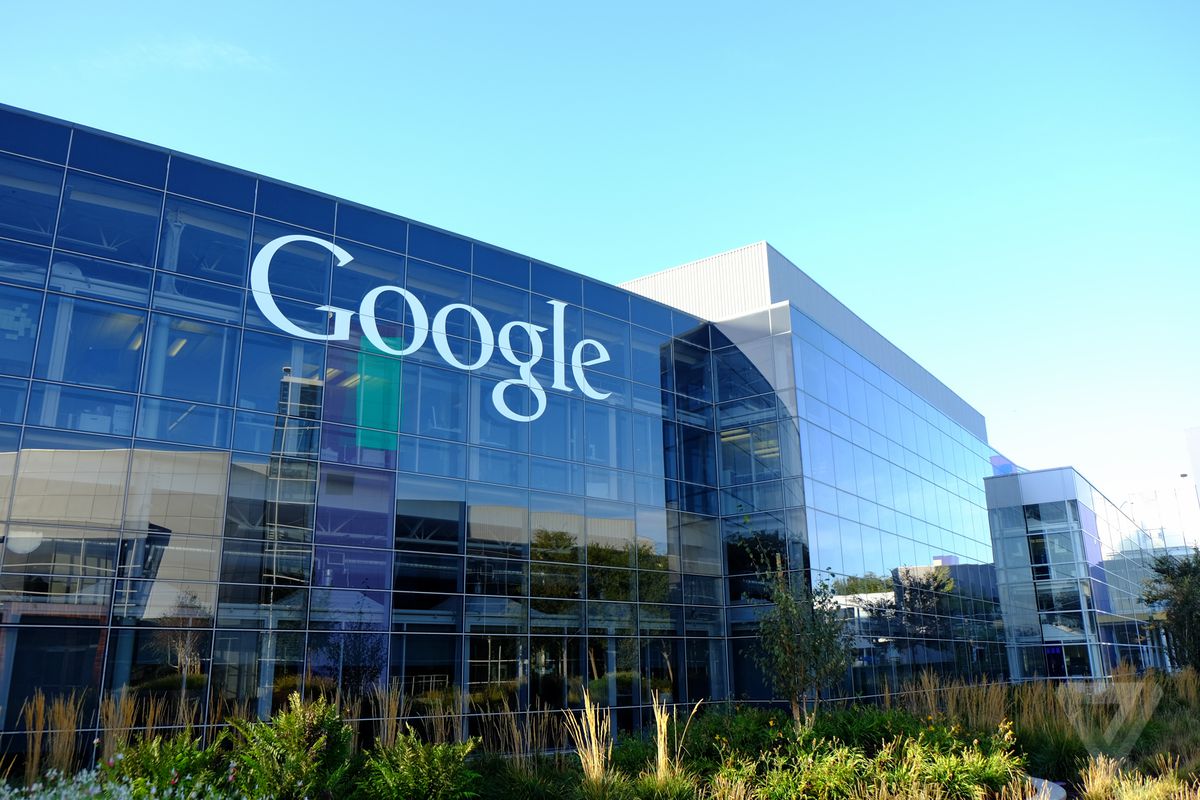After an extensive internal enquiry, Alphabet’s Google has come out saying that it has found multiple user accounts opened by Russian agents that have bought ads on its many platforms that could have interfered with the 2016 presidential elections in the United States.
Earlier this month Facebook handed over some 3,000 Facebook ads bought by Russian government-backed “Internet Research Agency” to Congressional investigators. Google has now identified accounts that may be connected to the Russian government, and they’ve been buying up thousands of dollars worth of search and display advertisements during the time leading up to the 2016 elections.
In one case, $4,700 was spent on ads with political material. In an independent case, Google found $53,000 worth of advertising purchased either from a Russian IP or physical address, or paid for in Russian currency. In that particular case, no link has yet been found to the Russian government, and there’s speculation that Russian citizens may have purchased them.
In every such case, the content of the ads was overtly political in nature. One particular documentary called “You’ve been Trumped” had $7,000 in advertising to promote it. Another $36,000 was spent on ads around whether or not President Obama should resign.
A recent Washington Post report alluded to the fact that these ads could have appeared on YouTube, Gmail, Google Search and even the DoubleClick ad network, but the source remains anonymous. The New York Times’ source was unclear about which platforms the ads appeared on.
Google will be testifying on November 1 at a Senate Intelligence Committee hearing, but it has not been under the harsh spotlight that Facebook is confronted with by Congress. Nevertheless, the company has been investigating the matter internally, and these have been its findings.
Microsoft said on Monday that it, too, was looking through its services to see if any Russian actors had used any of its services to air political ads during the 2016 elections.
Another hearing is being held, also on November 1, by the House Intelligence Committee, where both Google and Facebook will be testifying. Twitter has been invited as well, but as of Monday there’s no information about company representatives attending the hearing.
One reason that Facebook is under worse fire than Google and other companies is that the $100,000 worth of ads bought on its platform were targeted in a more specific manner. Facebook’s ad network allows such microscopic targeting, while Google’s is far less specific even though its reach is greater than Facebook’s considering its multiple platforms.
As it stands, all of these tech majors are under scrutiny of some kind, either by the government or by the media. They’re treading carefully because they have to delicately balance user privacy with the need to help the government track any legitimate cases of interfering with the 2016 elections. That being the case, this will be a long drawn out affair for everyone involved.
The preservation of freedom of speech seems to be the centerpiece of it all, and the question is: how do these companies intend to control the content on their platforms without violating that right in any way, shape or form. Each company is taking its own steps for the future, but only the future will tell whether or not they’ll be successful in what can only be termed an Herculean task.



